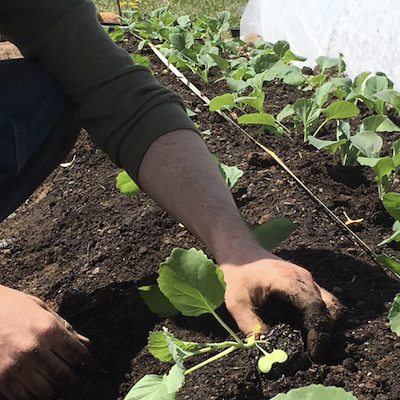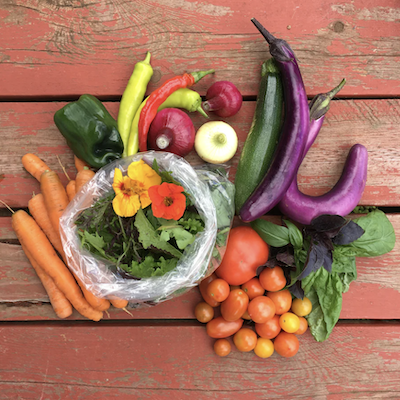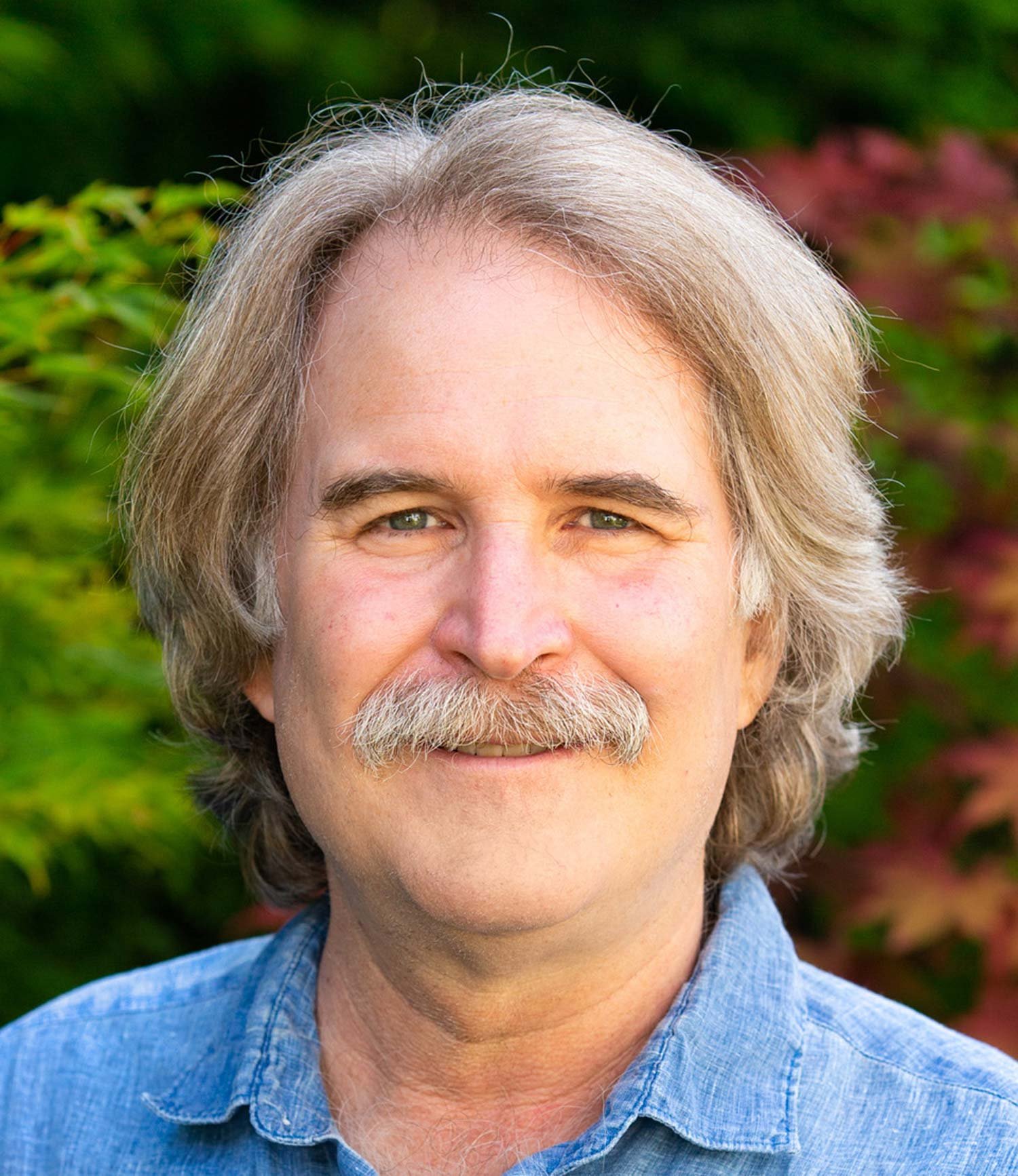John and Emily Beaton have created a multi-enterprise farming business in Northeastern Minnesota near Duluth and the shores of Lake Superior. They founded Fairhaven Farm with a spirit of community building, a focus on soil health, and a desire to see a thriving local food system. They sell starter plants each spring for home gardeners, grow food for over 50 families through their CSA program, and are launching a new Pizza Farm enterprise where the couple will serve wood-fired pizzas on the farm featuring all locally sourced ingredients—including fresh tomatoes and vegetables right from their field!
JOHN BEATON · FAIRHAVEN FARM
What's trending now with beginning farmers is that it is creating this kind of community connection. It's bringing people to the farm. It's connecting them to their food source. That creates community. It helps cultivate culture and connectivity, and so I think overall, it's like the landscape and agriculture as a whole is shifting towards a different direction.
*
We can harvest a huge amount of food from a very small space. And just to contrast or explain more about what we're doing, we grow our vegetables on just about a half-acre, essentially. So we can pack 50 boxes of vegetables every week for 16 weeks on a half-acre and generate 50 percent of our income for our household on a half an acre.
*
We're kind of carrying on a tradition of the previous owners of our farm, a wonderful woman, her name is Linda. That's who we bought our farm from. And when she had the farm, she had Grassroots Farm, that was the name. And she was heavily into grassroots organizing, organizing around social issues and seeing the farm, the act of growing your own food and sharing that food with others as kind of a solution to many of the ill-effects of capitalism and scarcity and supply and demand, all these things that drive our culture and our society. I think a lot of times people struggle with trying to find solutions.
*
I mean, you can advocate politically. That's certainly one avenue. You can't do away with all options, right? It takes a variety of things to create solutions for the different problems and issues that we have. However, I think that farming and growing your own food and supporting farms and supporting people like us - and in turn us supporting other farmers - it is a solution in itself because it kind of addresses everything, right? When you think about climate change, reducing emissions - what's a huge factor in carbon emissions is the entire agricultural system itself. What it takes to plant millions of acres of crops and then distribute that all around the United States, and keep them cool and all of these things.
Well, when you buy local from a farm, it's essentially: you drive to us, or we make a short trip, and now you've got food. The way that we practice our farming and just kind of getting to know one another and sharing with one another and not necessarily being so obsessed with trying to extract value here and there from your community - like turning everything into products. So even just the act of sharing food, I think, is kind of an act of rebellion in itself.
*
My wife and I are Buddhists. We practice Buddhism, and the main message with that spiritual tradition is to benefit others. I mean, if you focus more on benefiting others than seeking just for oneself, this is where joy comes from, both for yourself and others.
So it is kind of a life of service. I mean, we can make a living at it, but at the same time, it's more about a life of service. We're serving other people. We're feeding people the best food you can find anywhere. When you speak about tradition or passing on farms, often what gets forgotten is not just the land itself, but it's the wisdom. It's knowing how to coax life from the soil. That's very important, whatever you're growing. There's a certain type of wisdom that it takes to grow those things, and that is something that's at risk of getting forgotten.
Photo: John & Emily Beaton
This interview was conducted by Mia Funk and Marley Hinschberger with the participation of collaborating universities and students. Associate Interviews Producer on this podcast was Marley Hinschberger. Digital Media Coordinators are Jacob A. Preisler and Megan Hegenbarth.
Mia Funk is an artist, interviewer and founder of The Creative Process & One Planet Podcast (Conversations about Climate Change & Environmental Solutions).





















































